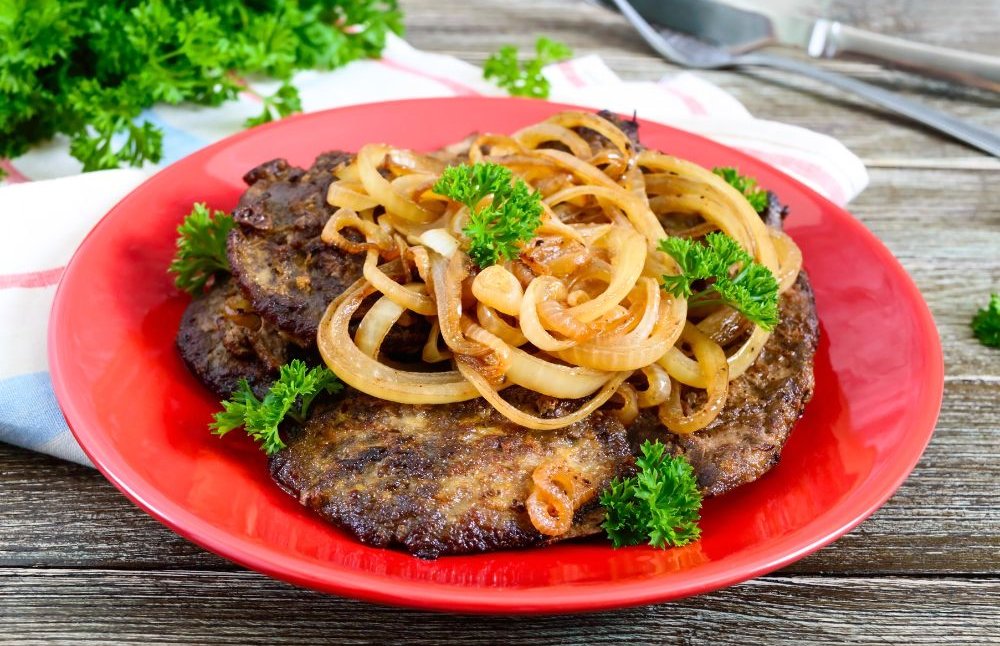When it comes to building muscle, diet plays a crucial role. Among various foods touted for their nutritional benefits, liver stands out as a powerhouse. But does eating liver specifically help in building muscle? Let’s explore the nutritional profile of liver, its potential benefits for muscle growth, and how it can fit into a muscle-building diet.
Nutritional Profile of Liver
Liver, particularly from beef, chicken, or lamb, is incredibly nutrient-dense. Here’s a breakdown of its key components:
- Protein: Liver is an excellent source of high-quality protein, containing all the essential amino acids necessary for muscle repair and growth. Protein is crucial after workouts, as it helps rebuild muscle fibers and promote hypertrophy.
- Vitamins: Liver is rich in vitamins A, B12, and other B vitamins like riboflavin and niacin. Vitamin B12, in particular, is vital for energy production and the formation of red blood cells, which can enhance endurance during workouts.
- Minerals: It is also packed with essential minerals such as iron, zinc, and copper. Iron is key for oxygen transport in the blood, which can improve performance, while zinc plays a role in protein synthesis and hormone production, including testosterone.
- Healthy Fats: Depending on the type of liver, it may contain omega-3 and omega-6 fatty acids, which are important for reducing inflammation and supporting overall health.
Benefits of Liver for Muscle Building
- Supports Recovery: The high protein content helps repair muscle tissues damaged during intense workouts. Consuming liver after training can provide the building blocks necessary for muscle recovery.
- Enhances Energy Levels: The combination of B vitamins and iron can enhance energy levels, enabling more effective workouts. Better energy can lead to increased workout intensity and frequency, which are critical for muscle growth.
- Boosts Hormone Levels: Nutrients in liver, particularly zinc, can support testosterone levels. Higher testosterone levels are linked with increased muscle mass and strength.
- Improves Nutrient Absorption: Liver’s rich nutrient profile can support overall health, improving digestion and nutrient absorption, which are essential for muscle growth and recovery.
How to Incorporate Liver into Your Diet
While liver is nutrient-dense, it is also high in cholesterol and should be consumed in moderation. Here are some tips for including liver in your diet:
- Frequency: Aim to eat liver once a week to enjoy its benefits without overdoing it.
- Preparation: Liver can be prepared in various ways—grilled, sautéed, or made into pâté. Pairing it with other nutrient-rich foods can enhance its appeal.
- Combination: Combine liver with other protein sources like lean meats, fish, or plant-based proteins to create a balanced meal.
Conclusion
In summary, eating liver can indeed support muscle building due to its high protein content, rich array of vitamins and minerals, and potential to enhance recovery and hormone levels. While it shouldn’t be the sole focus of your diet, incorporating liver as part of a varied, nutrient-dense eating plan can contribute positively to your muscle-building goals. As with any dietary change, it’s wise to consult with a healthcare or nutrition professional, especially if you have specific health concerns or dietary restrictions.

